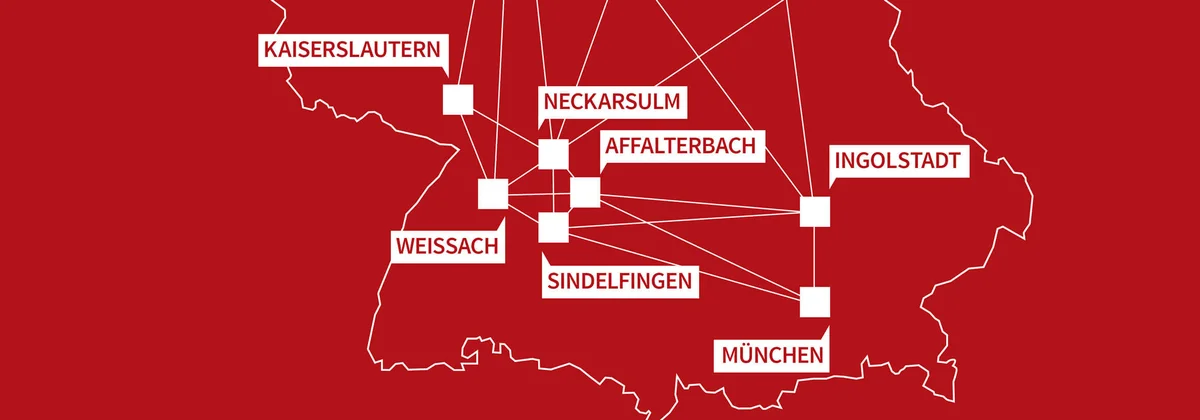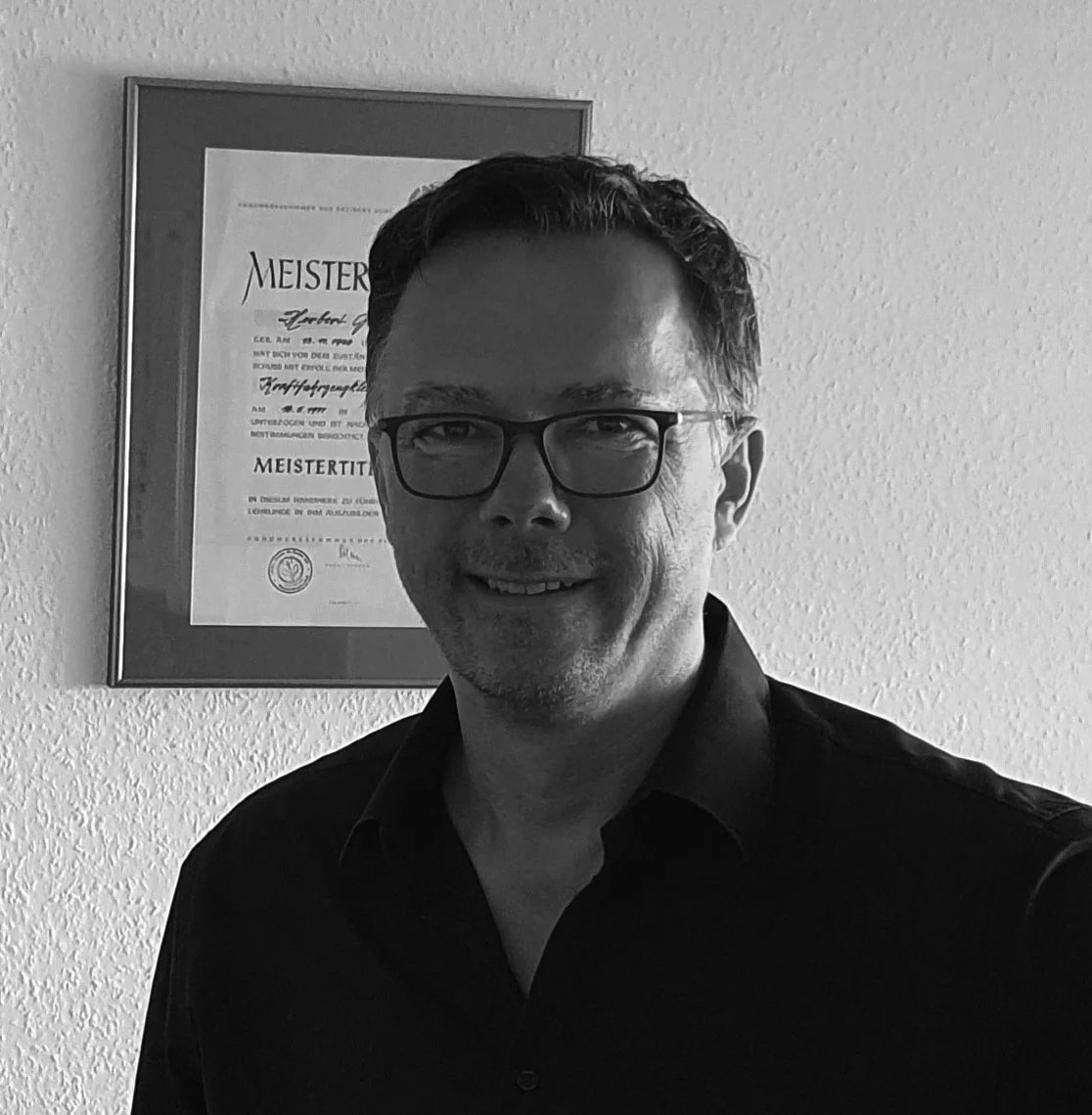What makes a person so special that they have their own location built for them there and then? We wanted to find out, so we asked Mathias Gischke a few questions. Ultimately, he is the reason why we have had a new branch in Kaiserslautern since 1st August 2019.
Mr Gischke, Kasierslautern is the youngest child in the csi family.
So how has it developed in the last 9 months?
Up to now, we have had a completely positive development. My team and I have been welcomed into the network of the csi A-class department and we are already working together on numerous projects with colleagues in other locations. We are economically stable and, depending on how the automotive sector emerges from the current crisis, we can also imagine further growth.
How does it feel, to be a ‘father’? After all, everything started with you, didn’t it? Tell us about how you made the decision to switch to csi and develop this location?
A-class with a focus on mobile seating really has been my baby for over 20 years. I had the opportunity to develop an efficient team and with it, to gain the trust of my long-term customers. When Ralf Bültmann, the original A-class protagonist at csi and I had a project together, the sparks flew between us. I was able to convince him that our team is a strong partner. This experience seems to have formed the nucleus to expand the A-class department with its own team. The fact that Kaiserslautern was chosen is simply that all my employees, as well as a highly skilled colleague who wanted to return to the Palatinate region from Sindelfingen, come from the region.
In addition to a high quality of life, Kaiserslautern also offers the major advantage that we have a master school for craftspeople close by. I myself am a graduate of this school, which is why I know that work here is primarily focused on educating engineers in body work and the vehicle field, which also heavily incorporates the subject of A-class. This provides us with the trainees for our department directly under our noses.
Where are the particular strengths/skills of csi (in relation to seating)? What attracts trainees to csi?
Our particular strengths are probably the same as those of the other parts of the A-class area: listening carefully when our customers express their problems and requirements and the trustworthy and reliable processing of the tasks resulting from these. Our many years of experience certainly help us to ask the appropriate questions before we begin the processing. This makes us particularly efficient and means we can do the correct things at the appropriate times. Many of our competitors are unaware of the complexity which the vehicle seating component represents. It is not just the obvious, such as style and sophisticated kinematics, which make the difference in seating. Starting with the character of the usage, state of the art seating takes into consideration, in particular, ergonomics and long-term comfort with the use of various materials, it fulfils the numerous global legal requirements and uses a combination of different pneumatic, hydraulic or electromechanical drives and systems. Knowing all these gives us a big advantage over the competition.
What are you currently working on with your team?
At the moment, we are mainly working for our Sindelfingen customers. But not only limited to seating. We are also working on AUDI taking on an important role in the A-class of seating. To this end, we are dealing with new tools and processes. In addition, we are also always close to our other existing customers in Munich and Wolfsburg in order to be an available partner there in every respect.
ALU-CAR is celebrating its 20th anniversary this year, csi is even facing its 25th year.
What do you think: What will ‘mobile seating’ look like in 10/20 years? Will there be a lot of changes?
Up until a few weeks ago, we were all convinced that individual transport is unavoidable for the extremely flexible processing of our many tasks. I believe we are currently being forced to rethink this and we are all learning to handle new technologies. This will have an effect on our mobility and therefore on mobile seating. It may be possible that we will travel more together and in shared methods of transport in the future. In that case, private spheres, comfort and networking will take on a big role in the design of seating. The way we handle ownership, and the way vehicles are used will change, but not anthropology.
So if people are to continue to sit in any kind of vehicle, they will probably want to continue doing so in a way that we are already familiar with today in the most varied of seating furniture.
Where (or what) do you like to sit (on) in your private life? Do you have a favourite place?
My favourite place is actually on the wooden bench in my sauna and then afterwards a quick nap on a relax lounger 😉. I could also imagine such a zero-gravity position on the way to and from my customer visits. Let’s see what happens over the coming years. We will stay up to date and join in the development!






